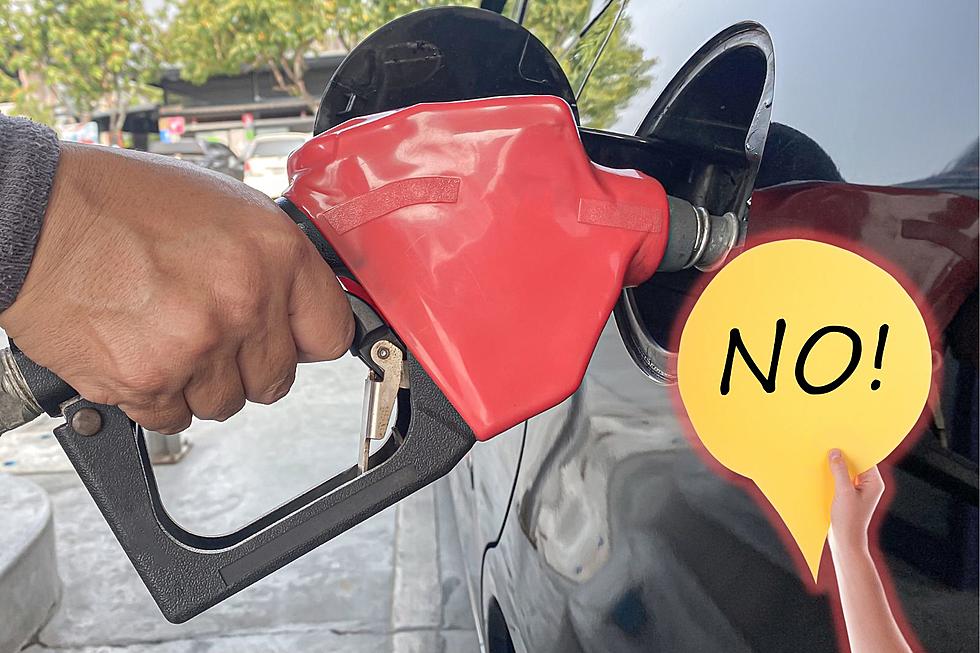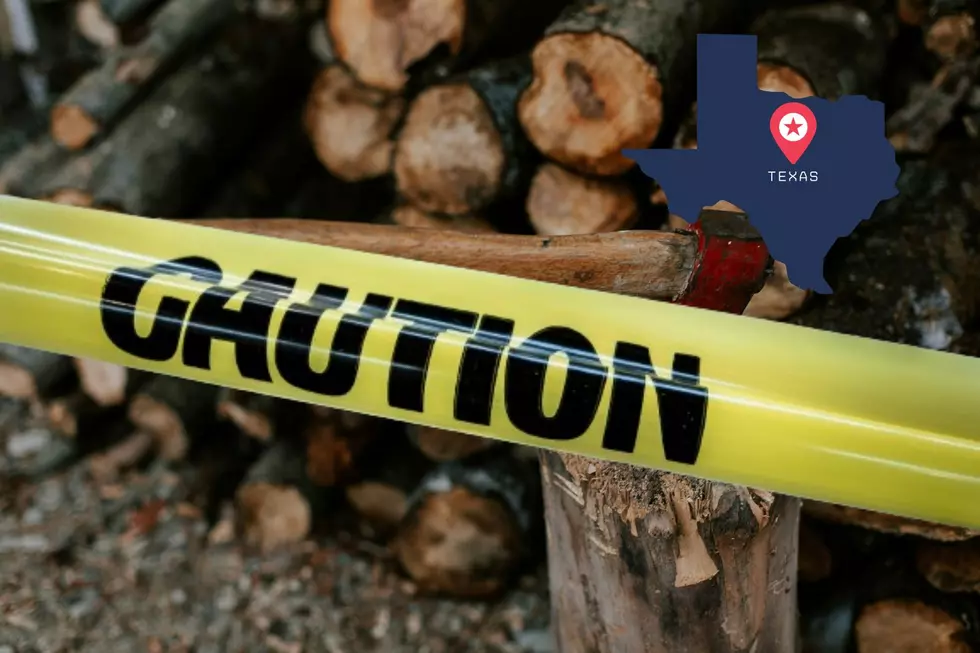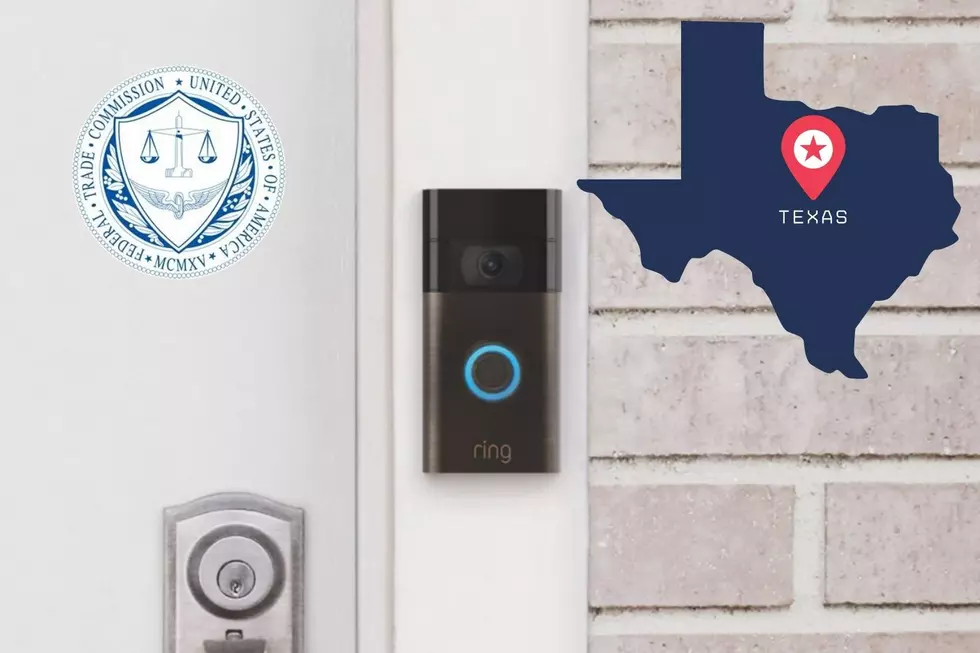
Here is Why You Should Not ‘Top Off’ Your Gas Tank in Texas
Wait, what? Growing up in Tyler, Texas I always saw people 'topping' off their gas tanks after filling up their vehicles.
Honestly, I saw people do it more often than not when I was a kid. And then as I became an adult, I did it, too. Frankly, I don't do these days because I'm clearly lazy or whatever. But maybe it was my instinct kicking in and telling me that may not be the best idea, after all. (That's totally NOT what it was but it makes me feel better to say so. Yeah, it's laziness.)
But here's the thing: According to some, topping off your gas tank after filling your vehicle? Yeah, they say that's a big no-no.
And why? Apparently, it can damage your car. Even just after one extra little pump.
And what makes us feel compelled to do the 'top off' thing? Well, for me, I always wanted to round off the total cost of the gas due to some underlying OCD tendencies, perhaps. Other reasons? KVUE added some interesting possibilities in a recent story.
How does topping off your gas tank potentially damage your vehicle, according to some?

In KVUE's recent post, they sourced some pretty formidable sources regarding why topping off the gas tank isn't the best idea. These sources include the Environmental Protection Agency (EPA), AAA, and others you can check out there.
They go into much more detail there. However, since time is limited and life is short, let's cut to the chase, shall we?
Why is it a bad idea to 'top off' your gas tank after filling up in Texas?
So, our cars' gas tanks are designed to click once the tank is full. The EPA put out a press release regarding this very issue and stated:
"A gas pump knows when to shut off because of a sensing hole located at the tip of the pump’s nozzle. This sensing hole is attached to a tube that sucks in air. When the tube is sucking in air, the gas pump’s valve stays open, and the nozzle dispenses gas.
But once the gas has covered the hole and the tube stops sucking in air, which happens when the gas tank is full, the valve closes and the gas supply shuts off."
And so, when you push it past that point, how can it damage your car?
Pumping past that point can harm your car's evaporative emission system which helps burn off that extra gas vapor, according to GasBuddy. Yeah, that sounds like a really bad idea. Especially when you consider the fact that this damage can trigger your 'check engine' light to come on and getting that part fixed or replaced could cost up to$1,500.
Plus overfilling your tank can potentially cause a gas spill--which is dangerous both due to the vapors and the flammable nature of gasoline.
Just don't. When it's done. Get in your car and drive away. (Or go in the store and purchase a few Reese's Big Cups to reward yourself for being so smart. Then drive away.)
Buc-ee's, Baby! 12 Things You Didn't Know About This Texas Fan Favorite
Gallery Credit: Tara Holley
10 of the Cheapest Places to Live in the Great State of Texas
Gallery Credit: Tara Holley
MLB Star Selling Home in Houston, Texas
Gallery Credit: Billy Jenkins
More From KKTX FM









